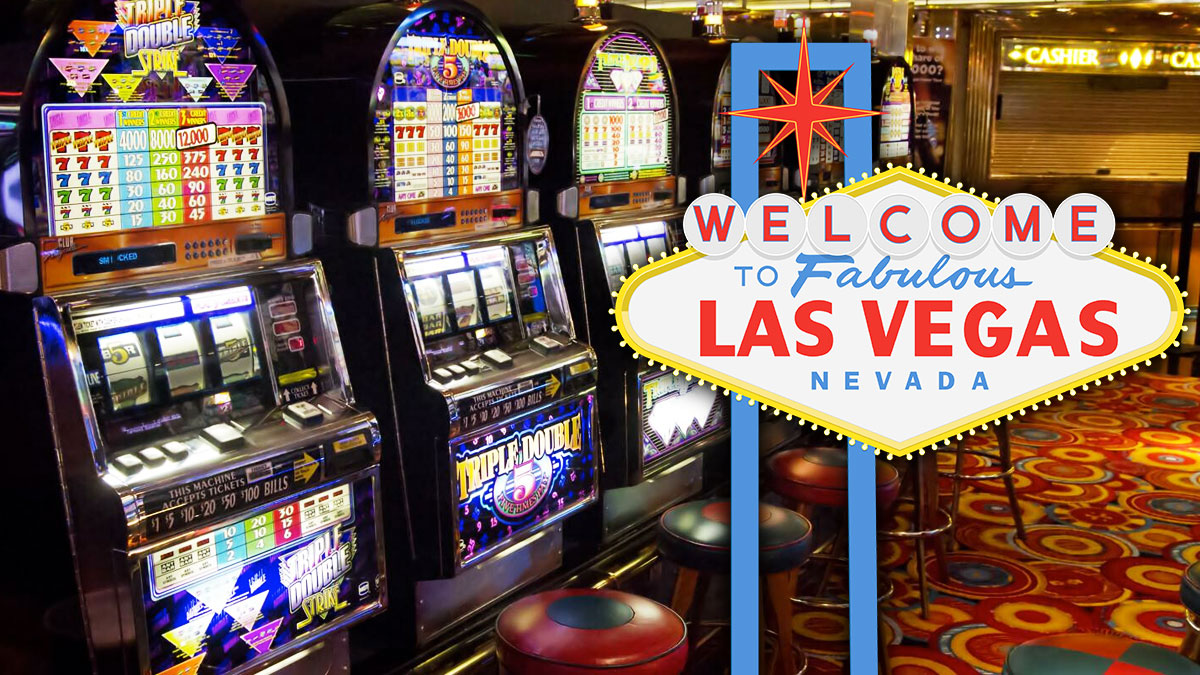Casinos, often associated with glamour, excitement, and the allure of fortune, have a storied history and a significant place in popular culture. From the opulent casinos of Las Vegas and Monte Carlo to the burgeoning casino markets in slot, these establishments offer a unique blend of entertainment, social interaction, and the thrill of chance.
The Historical Roots of Casinos
The concept of gambling is ancient, with evidence of wagering activities dating back thousands of years. However, the modern casino as we know it began to take shape in the 17th century in Europe. The first recognized casino, the Ridotto, opened in Venice in 1638, providing a regulated environment for gambling during the city’s annual carnival.
Over the centuries, the casino concept spread across Europe and eventually to the United States, where it became an integral part of the cultural fabric, especially in cities like Las Vegas and Atlantic City. Today, casinos are a global phenomenon, found in various forms and sizes around the world.
The Casino Experience
Casinos are designed to be immersive and stimulating environments. From the moment a guest steps inside, they are greeted with a sensory overload of bright lights, vibrant colors, and the sounds of slot machines and cheering crowds. This ambiance is carefully crafted to enhance the excitement and encourage patrons to participate in the gaming activities.
Popular Casino Games
Casinos offer a wide array of games, catering to different tastes and levels of risk tolerance. Some of the most popular games include:
- Slot Machines: Often the most iconic and visually striking part of a casino, slot machines are a staple in any gambling establishment. They range from simple, classic machines to elaborate, themed ones with complex bonus rounds.
- Table Games: These include a variety of games such as blackjack, roulette, poker, and baccarat. Each game has its own set of rules and strategies, appealing to both novices and seasoned gamblers.
- Poker Rooms: Many casinos have dedicated poker rooms where players can engage in various forms of poker, from Texas Hold’em to Omaha. These rooms often host high-stakes tournaments that attract professional players from around the world.
- Specialty Games: Casinos also offer games like craps, keno, and bingo, providing additional options for those looking for something different.
The Business of Casinos
The casino industry is a significant economic driver in many regions. Beyond the direct revenue from gaming, casinos contribute to the local economy through job creation, tourism, and entertainment. Many modern casinos are part of larger resorts that include hotels, restaurants, theaters, and shopping centers, making them comprehensive entertainment destinations.
The Impact of Technology
The advent of technology has revolutionized the casino industry. Online casinos have made gambling accessible to a broader audience, allowing people to play their favorite games from the comfort of their homes. Mobile gaming apps and live dealer games have further expanded the reach and appeal of online gambling.
Additionally, technology has enhanced the in-casino experience. Innovations such as electronic table games, immersive virtual reality experiences, and advanced security systems have transformed how casinos operate and interact with their patrons.
Responsible Gambling
While casinos offer entertainment and the possibility of financial gain, they also come with risks. Problem gambling is a serious issue that can have devastating effects on individuals and their families. Many casinos are now implementing responsible gambling programs to help mitigate these risks. These programs include self-exclusion options, limit-setting tools, and providing resources for those seeking help for gambling addiction.
The Future of Casinos
The casino industry continues to evolve, adapting to changing consumer preferences and technological advancements. The integration of augmented reality (AR) and virtual reality (VR) is poised to create even more immersive gaming experiences. Furthermore, the rise of cryptocurrency is beginning to influence the way transactions are handled in casinos, offering new opportunities for both operators and players.
As the world becomes more interconnected, the distinction between land-based and online casinos may blur, creating a seamless hybrid experience. What remains constant is the timeless appeal of casinos: a blend of chance, skill, and the ever-present possibility of striking it rich.
Conclusion
Casinos are more than just places to gamble; they are vibrant centers of entertainment and social interaction. Whether in a lavish resort or on a digital platform, the thrill of the game and the allure of fortune continue to captivate millions around the world. As the industry moves forward, it will undoubtedly continue to innovate and adapt, ensuring that the casino experience remains as exhilarating as ever.



